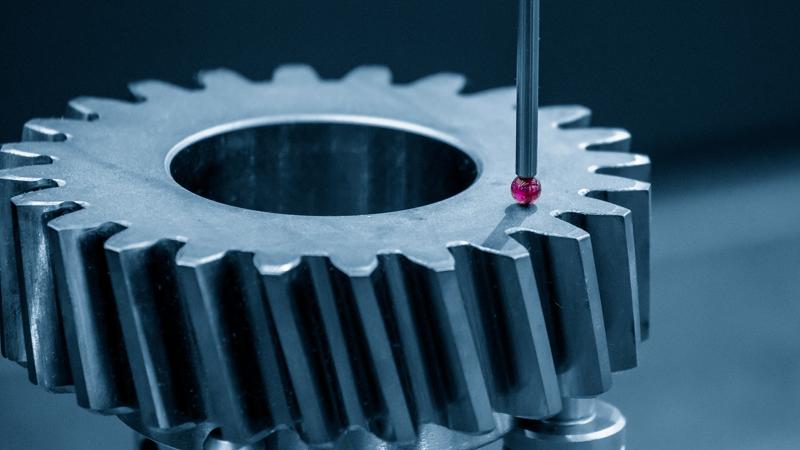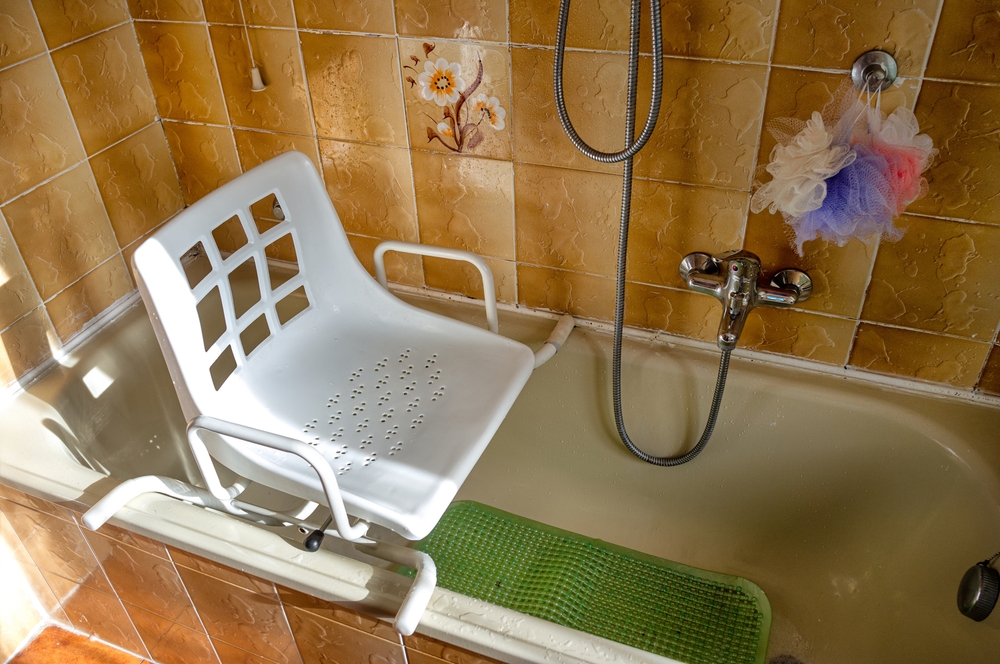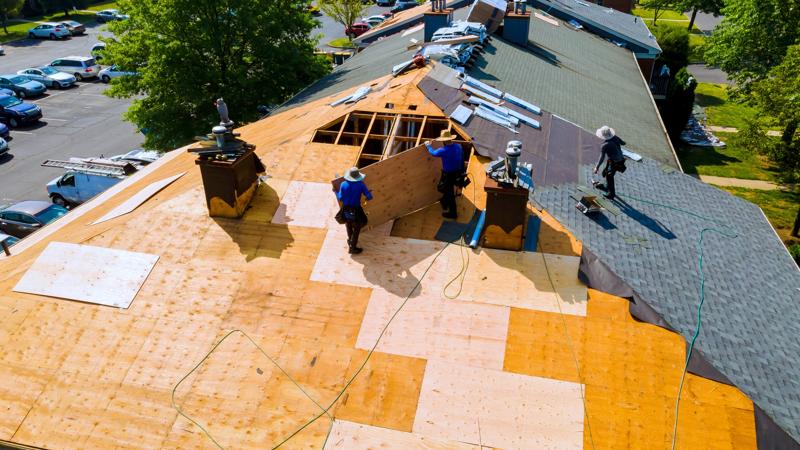CMM Machines: Precision and Efficiency in Quality Control
Explore the benefits and applications of Coordinate Measuring Machines (CMMs) in manufacturing and quality control.
Coordinate Measuring Machines (CMMs) are essential tools in manufacturing and quality control, providing accurate measurements and data for assessing the dimensions of objects. These machines are crucial for ensuring that parts and assemblies meet stringent specifications and tolerances.
CMMs offer a range of applications across various industries, from aerospace to automotive, helping companies maintain high-quality standards and optimize their production processes. This article explores the benefits of CMM machines, their types, and their key applications in modern manufacturing.

Benefits of Using CMM Machines
CMM machines offer several advantages that make them invaluable for quality control and precision measurement:
- High Precision and Accuracy: CMMs provide highly accurate measurements of parts and assemblies, often to within micrometers. This precision is essential for maintaining strict quality control and ensuring that components meet exact specifications.
- Increased Efficiency: Automated CMMs can measure multiple parts quickly and consistently, reducing the time required for manual measurements and increasing overall efficiency in the production process.
- Versatility: CMMs can measure a wide variety of geometries and materials, from simple shapes to complex, intricate components. This versatility makes them suitable for use in different industries and applications.
- Data Collection and Analysis: CMMs collect detailed measurement data that can be used for statistical analysis, trend monitoring, and quality improvement initiatives. This data helps in identifying defects and optimizing manufacturing processes.
- Reduced Human Error: Automated measurement processes minimize the risk of human error associated with manual measurements. This reliability improves the consistency of quality control and reduces the need for rework or adjustments.
Types of CMM Machines
There are several types of CMM machines, each designed for specific measurement needs and environments:
- Bridge CMMs: These are the most common type of CMM, featuring a bridge structure with a probe that moves along the X, Y, and Z axes. Bridge CMMs are known for their accuracy and are often used for measuring large or heavy parts.
- Horizontal Arm CMMs: Designed for measuring large, heavy objects, horizontal arm CMMs have a horizontal measurement arm that extends over the part. They are ideal for use in assembly and inspection applications.
- Vertical Arm CMMs: Similar to bridge CMMs but with a vertical measurement arm, these machines are often used for smaller parts and provide high accuracy in a compact footprint.
- Portable CMMs: Portable CMMs are versatile and can be moved to different locations for on-site measurements. They are commonly used for field inspections and quality control in various manufacturing environments.
- Optical CMMs: Optical CMMs use cameras and light sensors to measure parts without physical contact. These machines are useful for delicate or reflective materials where traditional probes might cause damage.
Applications of CMM Machines
CMM machines have a wide range of applications across different industries, each benefiting from the precision and efficiency they offer:
- Aerospace: In the aerospace industry, CMMs are used to measure complex components such as turbine blades and structural parts. Accurate measurements are crucial for ensuring safety and performance standards.
- Automotive: CMMs play a key role in the automotive industry by verifying the dimensions of engine components, chassis parts, and assemblies. They help ensure that parts fit together correctly and meet safety regulations.
- Manufacturing: In general manufacturing, CMMs are used for quality control and inspection of machined parts, molds, and tools. They help maintain consistency and identify defects early in the production process.
- Electronics: For the electronics industry, CMMs measure components and assemblies with high precision, ensuring that parts fit within tight tolerances and function correctly in electronic devices.
- Medical Devices: CMMs are used to inspect and measure medical device components, ensuring that they meet strict regulatory standards and function as intended in healthcare applications.
Choosing the Right CMM Machine
Selecting the appropriate CMM machine involves considering several factors to ensure it meets your measurement needs:
- Measurement Range: Consider the size of the parts you need to measure and choose a CMM with an appropriate measurement range and capacity.
- Accuracy Requirements: Evaluate the required accuracy for your applications and select a CMM that meets or exceeds those specifications.
- Environmental Conditions: Some CMMs are designed for use in specific environments, such as clean rooms or harsh industrial settings. Ensure that the machine you choose is suitable for your operating conditions.
- Integration with Software: Look for CMM machines that offer compatibility with measurement and analysis software. This integration enhances data collection, analysis, and reporting capabilities.
- Budget and Cost: Evaluate the cost of the CMM machine, including any additional expenses for software, maintenance, and training. Choose a solution that provides good value for your investment while meeting your technical requirements.
Future Trends in CMM Technology in Mexico
As Mexico continues to grow as a global manufacturing hub, Coordinate Measuring Machine (CMM) technology is evolving to meet the country's increasing demand for precision measurement. Several trends are shaping the future of CMM technology in Mexico:
- Automation and Robotics: The integration of automation and robotics with CMM systems is revolutionizing the manufacturing sector in Mexico. Automated CMMs are streamlining measurement processes, reducing human intervention, and improving inspection speed and accuracy. This trend is especially relevant for Mexico’s booming automotive and aerospace industries, where precision is critical.
- Advanced Sensors: New sensor technologies, including laser and optical sensors, are expanding the capabilities of CMMs in Mexico. These advanced sensors enable non-contact measurements, making it easier to measure a wider range of materials and complex geometries. This is crucial for industries like electronics and medical device manufacturing, which require high-precision measurement for intricate components.
- Data Integration and IoT: The adoption of IoT technologies in Mexico's manufacturing sector is transforming how CMMs are used. By connecting CMMs to IoT networks and data analytics platforms, companies can enable real-time monitoring, predictive maintenance, and improved process optimization. This trend is helping manufacturers in Mexico stay competitive by improving efficiency and reducing downtime.
- Enhanced Software Solutions: Mexico’s industry leaders are increasingly adopting CMM software with advanced features like AI and machine learning algorithms. These enhancements allow for more sophisticated analysis, providing deeper insights into quality control processes and enabling better decision-making. Improved software solutions are vital for industries that prioritize precision, such as automotive and aerospace manufacturing.
- Portable and Flexible Systems: The development of more portable and adaptable CMM systems is providing manufacturers in Mexico with greater flexibility. Portable CMMs allow for on-site measurements, making them ideal for larger components or when transporting items to a measurement lab is impractical. This portability is beneficial across industries, from heavy machinery to construction materials.
CMM technology is playing a critical role in Mexico's manufacturing growth. By staying informed about these future trends, businesses can enhance their precision measurement processes and maintain competitive quality standards.











